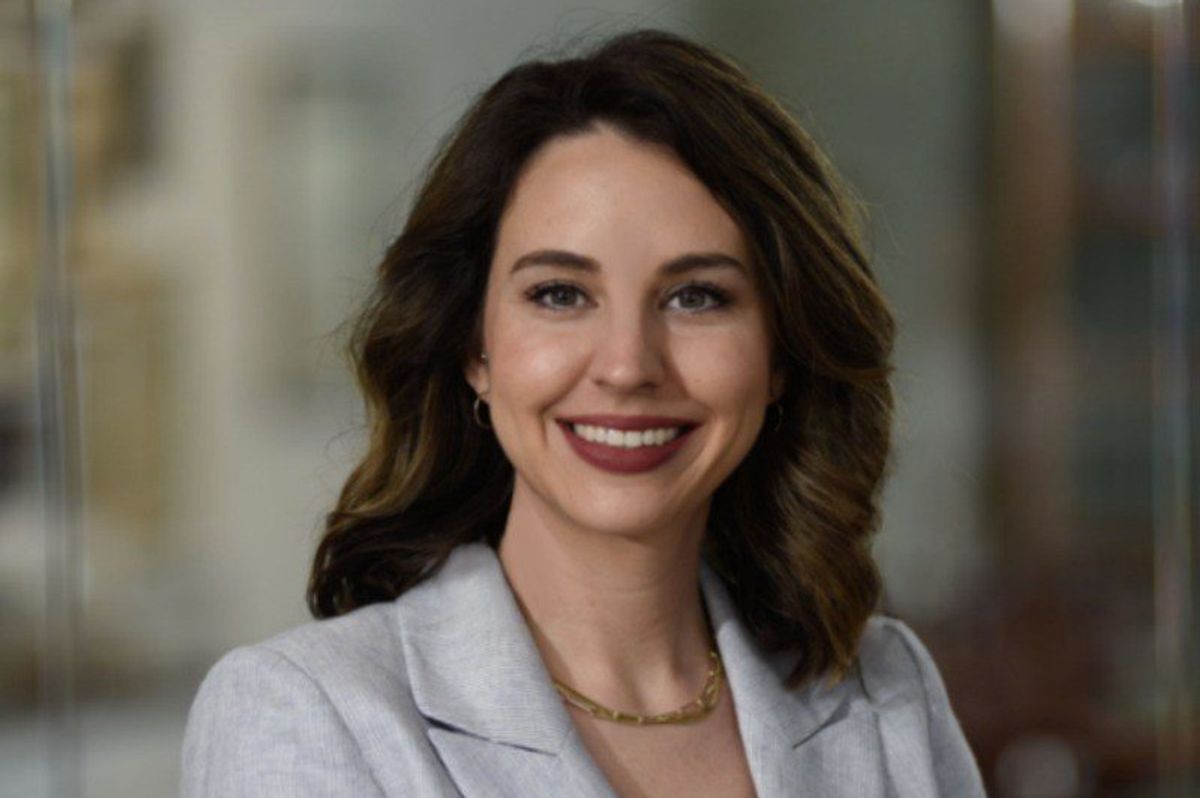Editor's note: Welcome to another Monday edition of Innovators to Know. Today I'm introducing you to three Houstonians to read up about — three individuals behind recent innovation and startup news stories in Houston as reported by InnovationMap. Learn more about them and their recent news below by clicking on each article.
Sean Kelly, CEO and co-founder of Amperon

Amperon CEO Sean Kelly joins the Houston Innovators Podcast to share his company's growth and expansion plans. Photo via LinkedIn
The technology that Amperon provides its customers — a comprehensive, AI-backed data analytics platform — is majorly key to the energy industry and the transition of the sector. But CEO Sean Kelly says he doesn't run his business like an energy company.
Kelly explains on the Houston Innovators Podcast that he chooses to run Amperon as a tech company when it comes to hiring and scaling.
"There are a lot of energy companies that do tech — they'll hire a large IT department, they'll outsource a bunch of things, and they'll try to undergo a product themselves because they think it should be IP," he says on the show. "A tech company means that at your core, you're trying to build the best and brightest technology." Continue reading.
Amanda Burkhardt, CEO of Phiogen

Spun out of Baylor College of Medicine, Phiogen was selected out of 670 companies to pitch at SXSW earlier this month. Photo via LinkedIn
A new Houston biotech company won a special award at the 16th Annual SXSW Pitch Award Ceremony earlier this month.
Phiogen, one of 45 companies that competed in nine categories, was the winner for best inclusivity, much to the surprise of the company’s CEO, Amanda Burkhardt.
Burkhardt tells InnovationMap that while she wanted to represent the heavily female patient population that Phiogen seeks to treat, really she just hires the most skilled scientists.
“The best talent was the folks that we have and it ends up being we have three green card holders on our team. As far as ethnicities, we have on our team we have Indian, African-American, Korean, Chinese Pakistani, Moroccan and Hispanic people and that just kind of just makes up the people who helped us on a day-to-day basis,” she explains. Continue reading.
Mielad Ziaee, 2023-2024 All of Us Research Scholar

Mielad Ziaee, a 20-year-old student at the University of Houston, was tapped for a unique National Institutes of Health program. Photo via UH.edu
A Houston-area undergraduate student has been tapped for a prestigious national program that pairs early-career investigators with health research professionals.
Mielad Ziaee was selected for the National Institutes of Health’s 2023-2024 All of Us Research Scholar Program, which connects young innovators with experts "working to advance the field of precision medicine," according to a statement from UH. Ziaee – a 20-year-old majoring in psychology and minoring in biology, medicine and society who plans to graduate in 2025 — plans to research how genomics, or the studying of a person's DNA, can be used to impact health.
“I’ll be one of the ones that define what this field of personalized, precision medicine will look like in the future,” Ziaee said in a statement. “It’s exciting and it’s a big responsibility that will involve engaging diverse populations and stakeholders from different systems – from researchers to health care providers to policymakers.” Continue reading.

 Amanda Burkhardt is the CEO of Phiogen. Photo via LinkedIn
Amanda Burkhardt is the CEO of Phiogen. Photo via LinkedIn
 Apple doubles down on Houston with new production facility, training centerPhoto courtesy Apple.
Apple doubles down on Houston with new production facility, training centerPhoto courtesy Apple.

